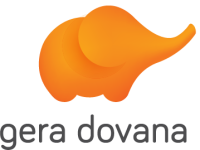waiting for candidates to send their CVs.
uncertainty about whether the best candidates will find out about the vacancy.
a large number of completely irrelevant CVs received.
possibly zero CVs over the entire selection period (especially common for IT selections).
cost of publishing an advertisement, often without any benefit.





























